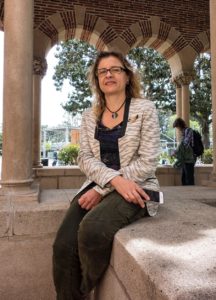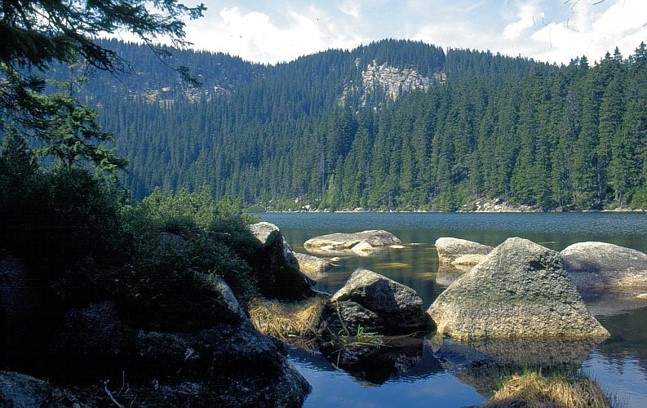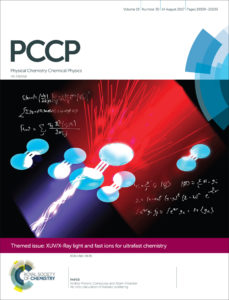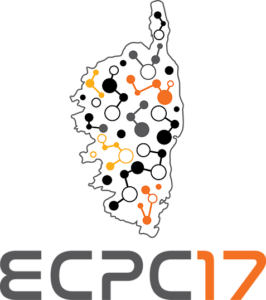We are delighted to welcome Anna Krylov as our newest Physical Chemistry Chemical Physics Associate Editor.
Anna Krylov, University of Southern California, USA
 ORCiD orcid.org/0000-0001-6788-5016
ORCiD orcid.org/0000-0001-6788-5016
Anna Krylov is the Gabilan Distinguished Professor in Science and Engineering and a Professor of Chemistry at the University of Southern California working in the area of theoretical and computational quantum chemistry. Born in Donetsk, Ukraine, Krylov received her M.Sc. from Moscow State University and her Ph.D. from the Hebrew University of Jerusalem, where she worked on molecular dynamics in rare gas clusters and matrices under the supervision of Professor Benny Gerber. Upon completing her Ph.D., she joined the group of Prof. Martin Head-Gordon at the University of California, Berkeley as a postdoctoral research associate, where she became involved with electronic structure method development. In 1998, she joined the Department of Chemistry at USC.
Professor Krylov’s research is focused on theoretical modeling of open-shell and electronically excited species. She develops robust black-box methods to describe complicated multi-configurational wave functions in single-reference formalisms, such as coupled-cluster and equation-of-motion approaches. She developed the spin-flip approach, which extends coupled-cluster and density functional methods to diradicals, triradicals, and bond-breaking. Krylov also develops many-body theories for describing metastable electronic states (resonances) and tools for spectroscopy modeling (including non-linear optical properties). Using the tools of computational chemistry, and in collaboration with experimental laboratories, Krylov investigates the role that radicals and electronically excited species play in combustion, gas- and condensed-phase chemistry, solar energy, bioimaging, and ionization-induced processes in biology.
Professor Krylov’s research has been recognized by several awards including the Dirac medal from the World Association of Theoretical and Computational Chemists (WATOC), Theoretical Chemistry Award from the Physical Chemistry Division of the American Chemical Society, and Bessel Research Award from the Humboldt Foundation. She is a Fellow of the American Physical Society, the American Chemical Society, and the American Association for the Advancement of Science. Krylov is an elected member of the International Academy of Quantum Molecular Science and a Board Member of WATOC.
“I am delighted to serve the community as an Associate editor of PCCP. Since its inception, PCCP has been promoting high-quality rigorous research, by providing excellent peer-reviewed publication platform.”
As a PCCP Associate Editor, Anna will provide her expertise in the fields of:
- Theoretical studies and methods
- Kinetics, spectroscopy
- Energy storage/conversion
- Electrochemistry
Submit your best work in these areas to Anna now.
 The upcoming 10th conference will follow the spirit of the previous meetings to provide an effective forum for contacts and for the exchange of ideas, with an emphasis on discussions rather than on formal presentations, highlighting achievements and challenges in both theoretical and applied aspects of the discipline. The program will include recent developments in the fields of:
The upcoming 10th conference will follow the spirit of the previous meetings to provide an effective forum for contacts and for the exchange of ideas, with an emphasis on discussions rather than on formal presentations, highlighting achievements and challenges in both theoretical and applied aspects of the discipline. The program will include recent developments in the fields of:










 Editorial
Editorial
 ORCiD
ORCiD